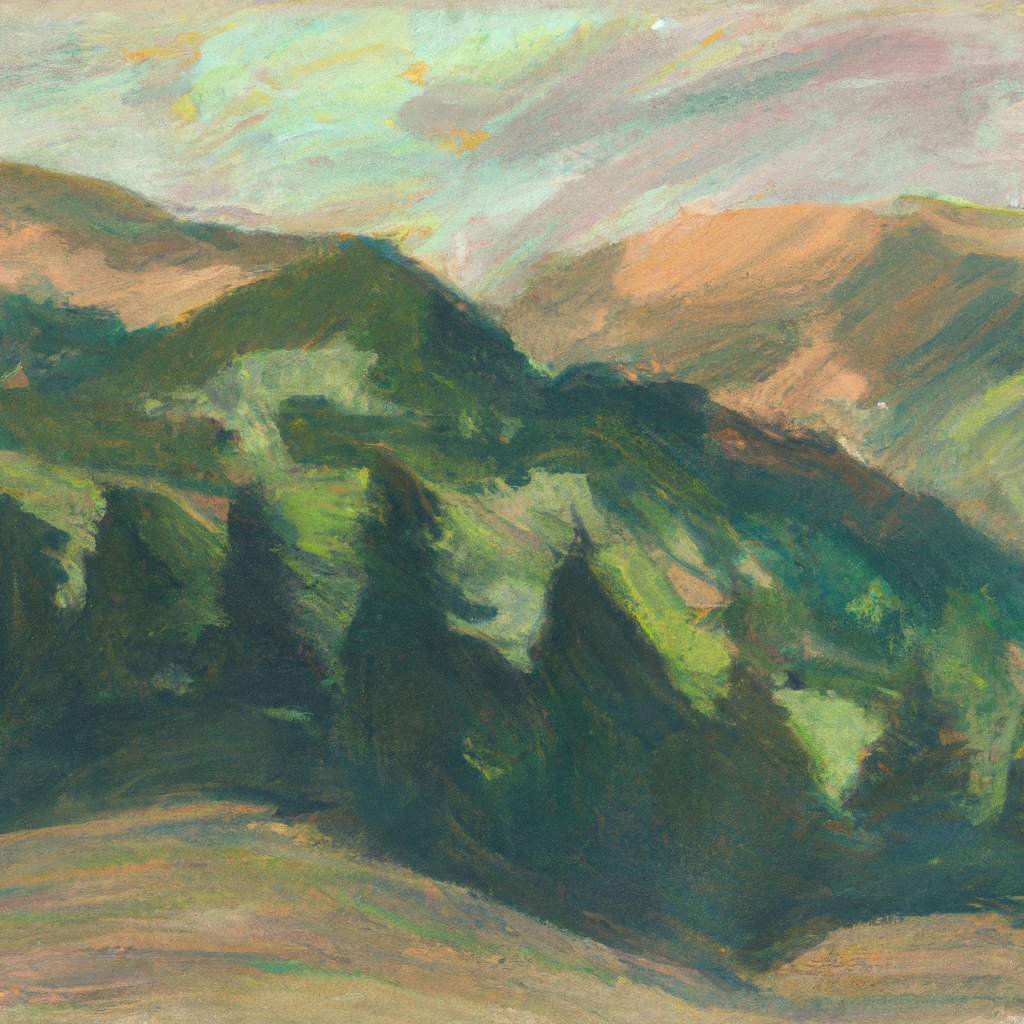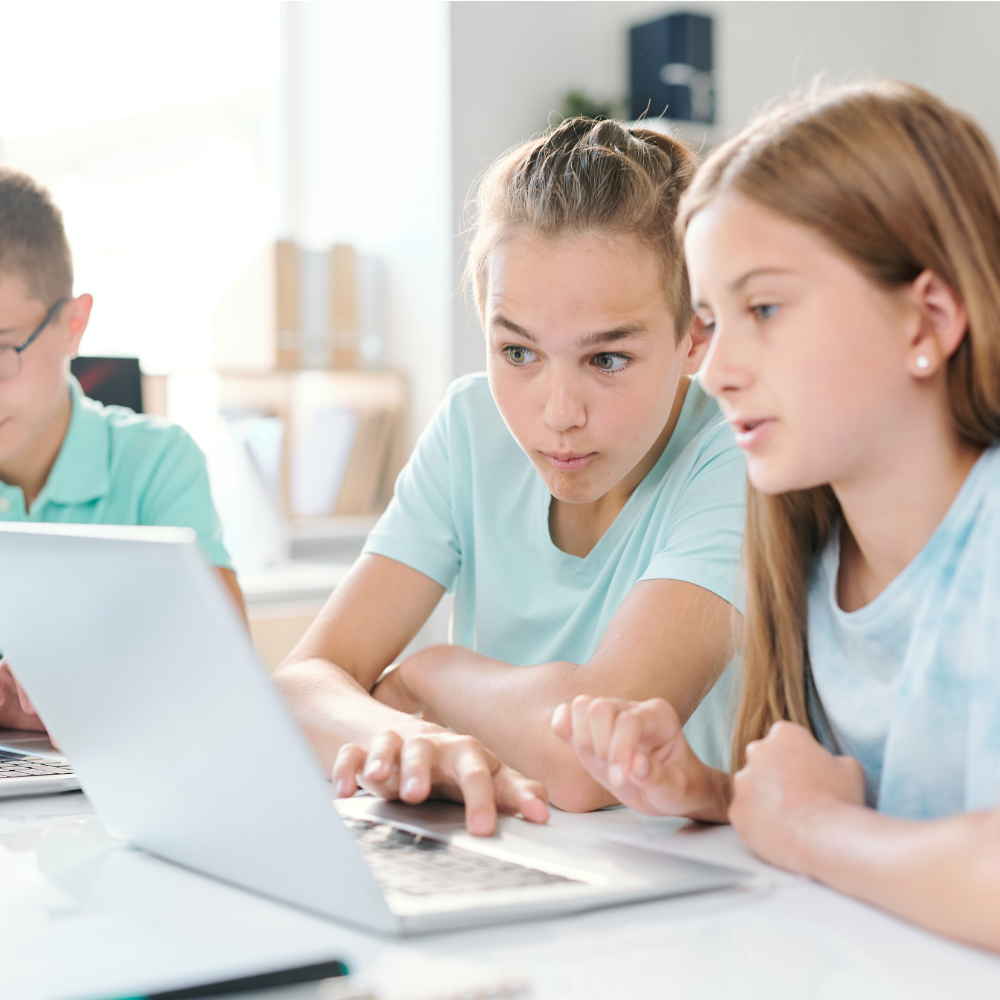With the introduction of advanced AI into the public, many sectors will have issues retaining human employees unless regulations are put into place. The first sector that has been impacted by AI is the art sector, specifically digital art.
Before the shift to AI generated art, a productive artist could produce around one scene a day. With AI assistance, that same artist can produce up to 40 scenes per day. This may not seem like a bad thing, but the battle to keep pace has led to artists being overworked and exhausted.
Artists around the world are struggling because a machine is trying to steal and emulate their work in a way that can’t be stopped without help from new legislation. As it stands, laws haven’t been adjusted to consider AI generated works, so many artists are left unpaid and uncredited for many projects they are unknowingly a part of.
Software engineering and programming has also been impacted by AI. While AI has been a part of any good programmer’s repertoire of tools for a long time now, large language models have changed how people prototype and how companies view their employees. Large language models are AI models built from millions of code segments. They are used to teach the AI how different programming languages work, so they can aid in translating one program into a different coding language or even generate entire scripts from scratch.
While most AI generated work is rough around the edges, it has helped increase productivity. Unfortunately, it has also created an unhealthy work environment. Higher expectations for each employee and AI automated tasks have led to a similar situation as the art industry, where programmers are being laid off simply because companies believe they can still operate without them. This has led to an increase in crunch time and even more overworked and sleepless employees.
On the flipside, AI has created an opportunity for more people who lack programming experience to create simple programs for their niche use cases. AI can be helpful as a supplement for those who understand its limits. The issue with using AI to generate code on a large scale is that it isn’t entirely accurate, and it doesn’t have the capability to test any of the code right now. I don’t know about you, but I wouldn’t want some AI to be writing the code for another AI that drives cars. If we don’t make a change to workplace expectations, the very thing that replaced employees will be the reason we don’t have a safe website, car, or even banking system.
Another issue that has cropped up with AI is the legality of it all. Whether it’s artists, authors, or any other creative jobs that are in the crossfire of the AI revolution, lawsuits are being started and it’s not clear where the law will stand. As a collective we need to ensure that the creative rights of these talented people are protected, or we may lose many things that bring our world to life. Movies would be devoid of life with deepfakes instead of actors, video games would be unimaginative and repetitive with AI art or mechanics, and digital artists will be almost entirely replaced.
If there is money to be saved, it’s inevitable that larger companies will take the cheaper option to make larger profits.
Even if it’s not what consumers want, the march of AI across the globe will continue. What can we do to stop it?






